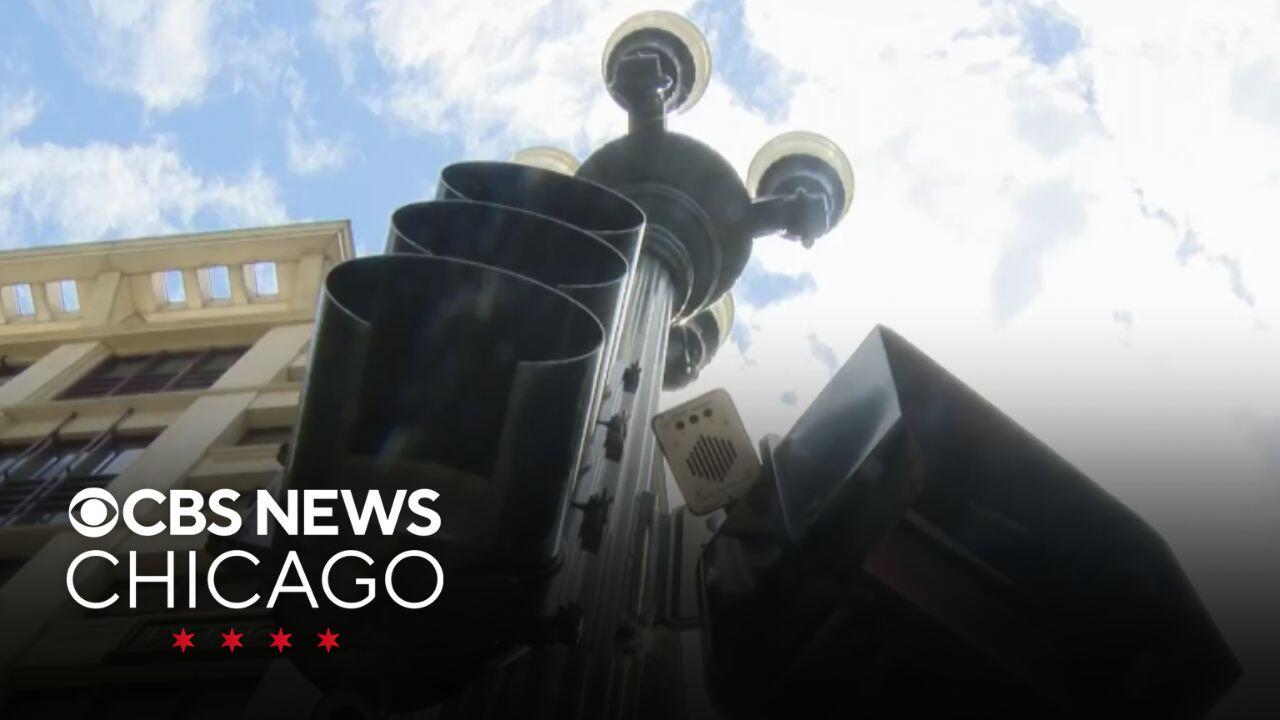City of Chicago ordered to install a whole lot more audible crosswalk signals for visually impaired
Two years ago, a federal judge ruled the City of Chicago violated the Americans with Disabilities Act for a lack of accessible intersections.
Now, a new ruling could make Chicago safer for the blind and low-vision community.
That federal court ruling requires the city to install a whole lot more accessible pedestrian signals with audible elements. Right now, only about 3% of intersections have them.
It has been a legal battle years in the making, and one that is being celebrated by access advocates.
Ashley Eisenmenger jokes with friends that crossing the street is the scariest thing she does every day.
"Where you may have the benefit of looking at the little walking person or stop hand, I can't see those things," said Eisenmenger, an advocate for the blind.
APS, or accessible pedestrian signals, will now be popping up at more signalized intersections. Such signals notify pedestrians of crossing information in formats that do not require sight.
A federal judge has ordered the city of Chicago equip about 70% of intersections with the audible crossing cues over the next decade, and 100% over the next 15 years.
"It's a long time coming," said Eisenmenger. "There are so many other cities that have extensive grids of APS throughout, and Chicago is really behind on that."
Right now, only 85 of Chicago's estimated 2,800 signalized intersections have APS, according to the city and attorneys with the group Disability Rights Advocates, who filed the lawsuit.
"The reason we brought this case was because of those numbers," said Rachel Weisberg, an attorney with Disability Rights Advocates.
Weisberg said there were even fewer APS systems when the lawsuit was filed in 2019.
"This is a huge victory for access for all Chicagoans, and especially blind pedestrians in Chicago," she said.
The Chicago Department of Transportation said APS are incorporated into all new traffic installations
"It's going to make it a lot safer and easier," said Ray Campbell, president of the Illinois Council of the Blind.
Campbell is a plaintiff in the lawsuit. He said other cities should take note of the ruling.
"The courts are not in your favor on this, and you need to buckle down and really start to consider involving your blind community," Campbell said.
The court order lays out benchmarks for how many signals need to be installed annually, and even a requirement to prioritize dangerous intersections — which could one day make walking a little safer for those who are blind.
"it's really exciting to know that at some point down the line, crossing the street might not have to be the scariest thing I do every day," said Eisenmenger.
The city says priority will be given to intersections near public transportation, and also locations where people have already requested APS.




